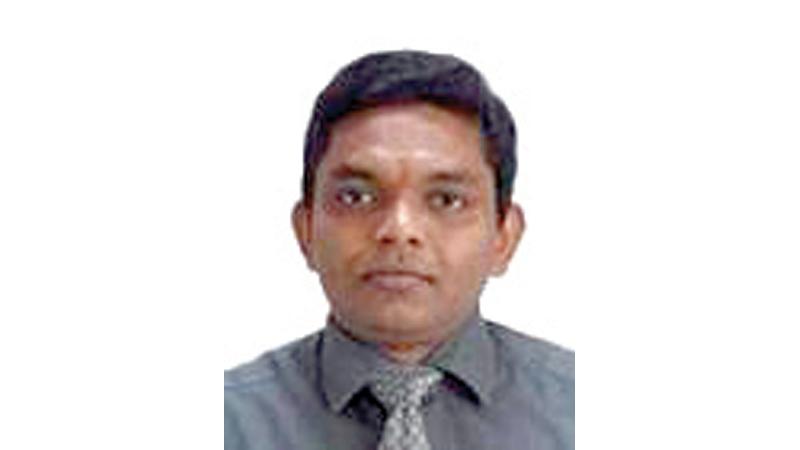
Driving exports with a timeline to promote niche products, enhancing employee skills and boosting efficiency of state owned enterprises should be a top priority of the policy makers in addition to the IMF program which mostly looks into fiscal policy related reforms and exchange rate management said an economist of the University of Colombo.
Senior Lecturer Department of Economics University of Colombo, Dr. Priyanga Dunusinghe said a well-articulated home-based program should go hand in hand with the IMF supported program if the country is to come out from the economic crisis.
Along the same lines the two senior officials noted that the IMF is closely monitoring the ongoing developments in Sri Lanka and is continuing technical discussions with its counterparts in the Ministry of Finance and Central Bank of Sri Lanka.
However, they said it is important to remember that an SLA is different from approval of an IMF-supported program by the Executive Board. Because Sri Lanka’s debt is assessed as unsustainable, the Executive Board approval of an IMF-supported program would require adequate assurances that debt sustainability will be restored, the two officials said.
Issuing a statement on the political and economic developments in Sri Lanka a couple of moons ago the global lender said that it hoped to see a speedy solution to the current situation in the country to proceed with the discussions for a program.
In the statement the IMF said it was deeply concerned about the impact of the ongoing economic crisis on the people, particularly the poor and vulnerable groups, and reaffirmed it commitment to support Sri Lanka at this difficult time, in line with the IMF’s policies.
Concluding a visit to Sri Lanka in June the global lender said aim of the new IMF-supported program would be to restore macroeconomic stability and debt sustainability, while protecting the poor and vulnerable, safeguarding financial stability, and stepping up structural reforms to address corruption vulnerabilities and unlock Sri Lanka’s growth potential.
An International Monetary Fund (IMF) mission team led by Peter Breuer and Masahiro Nozaki visited Colombo from June 20 to 30 to discuss IMF support for Sri Lanka and the authorities’ comprehensive economic reform program. The post visit media statement stated ‘Significant progress was made, and discussions will continue virtually towards reaching a staff-level agreement on the EFF arrangement in the near term. Sri Lanka is going through a severe economic crisis. The economy is expected to contract significantly in 2022, while inflation is high and rising. The critically low level of foreign reserves has hampered the import of essential goods. During the in-person visit, the team witnessed some of the hardships currently faced by the Sri Lankan people, especially the poor and vulnerable who are affected disproportionately by the crisis. We reaffirm our commitment to support Sri Lanka at this difficult time in line with the IMF’s policies.’
“The authorities’ monetary, fiscal policy and other actions since early April were important first steps to address the crisis. The team had constructive and productive discussions with the Sri Lankan authorities on economic policies and reforms to be supported by an IMF Extended Fund Facility (EFF) arrangement. The staff team and the authorities made significant progress on defining a macroeconomic and structural policy package. The discussions will continue virtually with a view to reaching a staff-level agreement on the EFF arrangement in the near term. Because public debt is assessed as unsustainable, Executive Board approval would require adequate financing assurances from Sri Lanka’s creditors that debt sustainability will be restored.
“In this context, discussions focused on designing a comprehensive economic program to correct the macroeconomic imbalances, restore public debt sustainability, and realise Sri Lanka’s growth potential. Discussions advanced substantially during the mission, including on the need to reduce the elevated fiscal deficit while ensuring adequate protection for the poor and vulnerable.
Given the low level of revenues, far-reaching tax reforms are urgently needed to achieve these objectives. Other challenges that need addressing include containing rising levels of inflation, addressing the severe balance of payments pressures, reducing corruption vulnerabilities and embarking on growth-enhancing reforms.
The authorities have made considerable progress in formulating their economic reform program and we are looking forward to continuing the dialogue with them, the lender noted.
